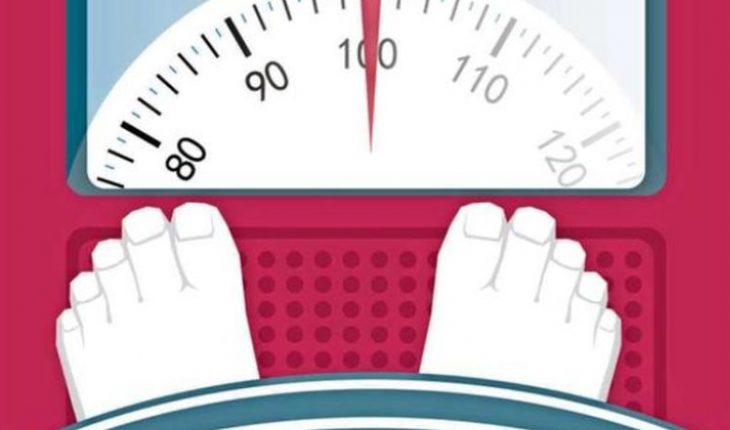When covid-19 began to severely affect young people and adults (non-elderly) it was alerted to the higher prevalence of overweight hospitalized, obesity or extreme obesity. Now a study published in the medical journal “The Lancet Diabetes & Endocrinology” described it.
Overweight patients have an increased risk of hospitalization due to complications from covid. The research, led by scientists at the University of Oxford, is based on more than 6.9 million people living in England and includes data from some 20,000 covid patients who were admitted or died during the first wave of the pandemic.
The results of the study concluded that the risk of severe covid begins to increase in people with a body mass index (BMI) of more than 23 kg/m2, considered within the healthy range.
From that threshold, with each unit added to the BMI, the chances of covid hospitalization are 5%, while the risk of admission to intensive cures rises by 10% higher.
Research argues that low-weight people, with a BMI of less than 18.5, are also more vulnerable to severe covid.
The authors of the paper point out that the effects of overweight on the risk of coronavirus complications do not affect all age groups equally, but that young people aged 20 to 39 are the most harmed, effectively the most infected and hospitalized in the new wave in the entire world.
However, this relationship is not maintained in all age segments, as excess weight risk decreases after age 60 and has very little impact on people over the age of 80.
Ethnic differences
Scientists found when comparing ethnic data that black people are at increased risk of severe covid as a result of higher BMI.
While previous studies had already certified that obesity is associated with more complications from covid, research published by “The Lancet” is the first to analyze the effects of all BMI thresholds.
“These findings suggest that vaccination policies should prioritize people with obesity, especially now that the vaccine is being implemented in younger age groups,” says Oxford University’s lead author Carmen Piernas of the Nuffield Department of Primary Care Health Sciences in a statement.
How to calculate
Body Mass Index (BMI) is commonly used to measure the weight ranges a person is in. To calculate it you must divide the weight by the height (centimeters) squared, that is, multiplied by itself.
According to the World Health Organization (WHO), the normal weight ranges from 18.5 to 24.9 BMI. About 30 is considered obesity.
translated from Spanish: Both high and low BMI put children under 39 at risk per covid
April 30, 2021 |





